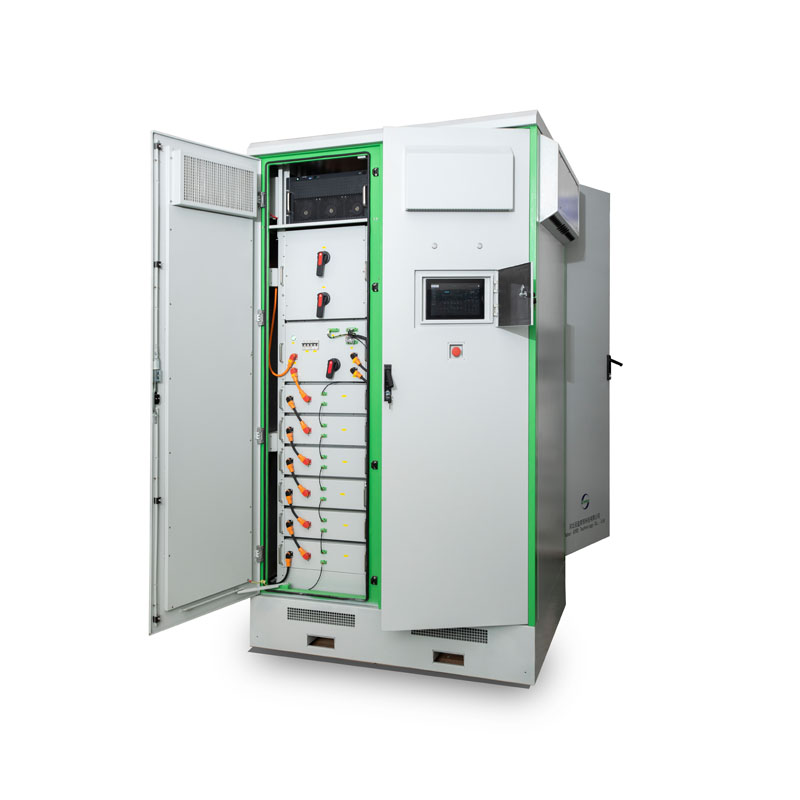
Nov . 20, 2024 09:24 Back to list
bess battery energy storage systems product
Understanding BESS The Future of Battery Energy Storage Systems
Battery Energy Storage Systems (BESS) have emerged as a pivotal technology in the transition towards a more sustainable and resilient energy future. As the demand for renewable energy sources like solar and wind continues to grow, BESS is increasingly seen as a vital component in effectively managing this energy. In this article, we will explore the concept of BESS, its benefits, applications, and the future it holds.
What is BESS?
Battery Energy Storage Systems (BESS) refer to the technologies used to store energy for later use through battery systems. These systems can capture energy produced during peak production periods and discharge it during times of lower production or increased demand. This capability makes BESS an essential tool for balancing supply and demand, enhancing grid stability, and providing backup power when needed.
BESS is most commonly associated with lithium-ion batteries, which have gained popularity due to their high efficiency, long life cycles, and decreasing costs. However, other battery technologies like lead-acid, flow batteries, and nickel-metal hydride are also utilized in various applications depending on the specific requirements.
The Benefits of BESS
1. Grid Stability One of the primary benefits of BESS is its ability to provide grid stability. By smoothing out the fluctuations caused by intermittent renewable sources like solar and wind, BESS helps maintain a consistent energy supply. This aspect is crucial for preventing energy shortages and blackouts.
2. Energy Efficiency BESS allows for energy to be stored during periods of low demand when prices are typically lower. This stored energy can then be used during peak demand periods, when prices rise, thus optimizing energy consumption and significantly reducing costs.
3. Integration of Renewables As more homes and businesses install solar panels and wind turbines, the need for effective energy storage becomes paramount. BESS enables the integration of these renewable sources into the grid, thereby increasing the share of clean energy and reducing reliance on fossil fuels.
4. Demand Response BESS can play a critical role in demand response programs, whereby consumers are incentivized to reduce or shift their power usage during peak demand times. By using stored energy during these periods, BESS can help reduce the overall strain on the grid.
5. Backup Power BESS provides reliable backup power during outages, ensuring that critical facilities such as hospitals, data centers, and emergency services can continue to operate without interruption.
bess battery energy storage systems product

Applications of BESS
The versatility of BESS allows for a wide range of applications across various sectors
- Residential Use Homeowners can install BESS alongside solar panels to store excess energy generated during the day for use at night, leading to significant energy savings.
- Commercial Use Businesses can leverage BESS to manage energy costs, participate in demand response programs, and enhance energy resilience.
- Utility-Scale Storage Utilities are increasingly investing in large-scale BESS installations to balance supply and demand, facilitate renewable energy integration, and provide ancillary services like frequency regulation.
- Electric Vehicles (EVs) BESS technology is also fundamental in the development of electric vehicles, where batteries store energy that powers the vehicle, and vehicle-to-grid technologies enable the integration of EVs into the grid.
The Future of BESS
As technology continues to evolve, the future of BESS looks promising. Research is underway to improve energy density, reduce costs, and develop more sustainable battery chemistries. Innovations such as solid-state batteries and advances in recycling technologies could further enhance the sustainability of battery storage systems.
Government policies and incentives aimed at promoting renewable energy adoption will likely propel the growth of BESS. This, combined with ongoing advancements in technology, positions BESS as a critical player in achieving global energy transition goals.
Conclusion
In summary, Battery Energy Storage Systems (BESS) are proving to be essential in shaping the future of energy. Their ability to store and distribute energy efficiently not only supports the integration of renewable resources but also enhances grid reliability and resilience. As innovation continues in this domain, BESS will undoubtedly play a key role in our move toward a cleaner, more sustainable energy landscape. The transition to a greener future is not just a necessity; it is an opportunity that BESS is poised to help us realize.
-
Boost Efficiency with Smart EMS & Energy Management Systems
NewsAug.23,2025
-
Smart Energy Management System | Save Costs & Boost Efficiency
NewsAug.22,2025
-
Advanced Energy Management Systems: Optimize & Save Costs
NewsAug.19,2025
-
Smart Energy Management System: Control & Monitor Usage
NewsAug.18,2025
-
EMS for Advanced Energy Management & Storage
NewsAug.17,2025
-
Boost Efficiency with Smart EMS Energy Management Systems
NewsAug.16,2025


